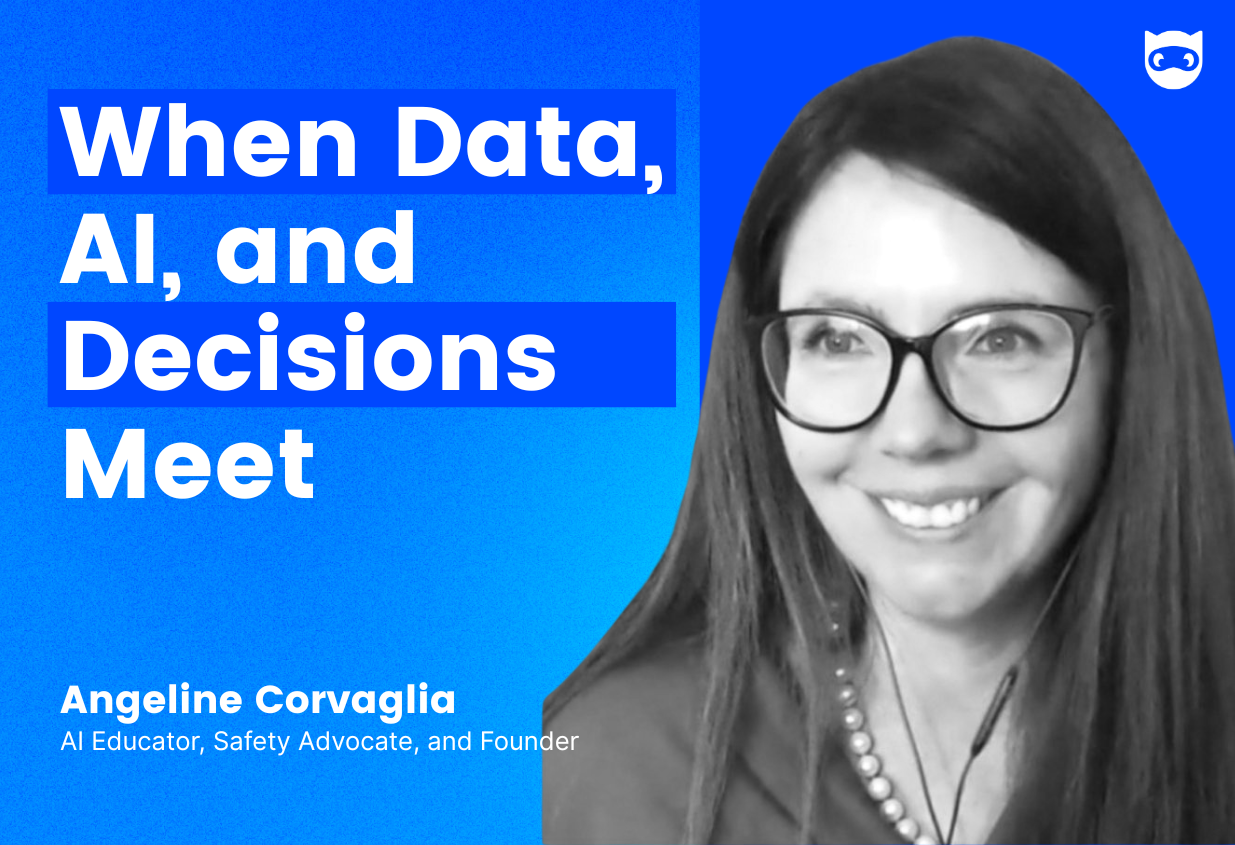Business Intelligence vs. Data Science: A Comparative Guide for Data-Driven Marketers

If you're reading this, you're probably someone who knows a thing or two about the crucial role data plays in marketing. But when it comes to leveraging data, two concepts often come into play: Business Intelligence (BI) and Data Science. They're both vital, but they're not the same thing. We're going to dissect these two domains and look at how they intersect, diverge, and most importantly, how they can supercharge your marketing strategies.
Business Intelligence: Deciphering the Past and the Present
First off, let's talk about Business Intelligence. In simple terms, BI is about using tools and techniques to transform raw data into actionable information. A BI process typically involves data collection, data cleaning, data integration, and data analysis. It's all about understanding what has happened in the past and what is happening now. The data used in BI usually comes from databases, spreadsheets, and operational systems
Business intelligence follows a structured approach. It relies on predefined reports, analytics dashboards, and data visualizations to present information in a user-friendly way. The goal is to provide easily understandable insights that answer specific business questions. BI uses tools like SQL queries, online analytical processing (OLAP), and data mining techniques to analyze data and generate reports. It often involves aggregating and summarizing data to give a high-level overview of performance.
For marketers, BI can be a powerful ally. BI helps monitor key performance indicators (KPIs), track trends, and provide descriptive insights. Ever wondered how to identify your most profitable customer segments? Or maybe you're unsure about the effectiveness of your latest marketing campaign? BI can help answer these questions. Through sales analysis, customer segmentation and profiling, and campaign management and tracking, BI can make your marketing efforts more targeted and efficient.
Data Science: Powering Prediction and Future Insights
On the other hand, data science is more concerned with extracting knowledge and insights from data, both historical and real-time. It uses statistical analysis, machine learning, and predictive modeling techniques to identify patterns, make predictions, and uncover hidden relationships within structured and unstructured data.
Unlike BI, which is largely focused on describing and diagnosing the past and present, Data Science is more forward-looking. It allows you to make predictions about the future and uncover patterns that aren't immediately obvious.
Compared to BI, Data Science follows a more exploratory and iterative process. Data scientists collect and clean data, explore it through analysis, and apply various statistical and machine learning algorithms to gain insights. They dig deep into the data, looking for patterns, relationships, and trends. Data Scientists often create custom models and algorithms tailored to the specific problem at hand. They rely on programming languages like Python or R and use various tools to manipulate, visualize, and model the data.
For marketers, Data Science can be a game-changer, solving complex marketing problems and providing actionable recommendations for the future. For example, It can enable customer sentiment analysis, allowing you to understand how customers feel about your brand or product. It can help with churn prediction, giving you a heads up on which customers might be thinking of leaving so you can take action. And it can facilitate advanced customer segmentation using clustering algorithms, helping you identify groups of customers that you didn't even know existed.
How to Choose Between Business Intelligence and Data Science for Your Marketing Needs
Choosing between BI and Data Science isn't about picking one over the other; it's about understanding what your marketing needs are and how each can add value.
Do you need insights into past performance to make quick, informed decisions? BI might be your go-to. Are you looking to forecast trends, uncover hidden patterns, and make data-driven predictions? Data Science could be the answer.
Consider the data infrastructure you have in place. Do you have clean, structured data ready for analysis, or is your data unstructured and messy? BI typically requires structured data, while Data Science can handle both structured and unstructured data.
Look at the skills and resources you have available. Do you have access to professionals with the skills required for BI or Data Science? What about the necessary tools and platforms?
Ultimately, BI and Data Science are not mutually exclusive; in fact, they often work best when used together. BI can provide the solid foundation of data understanding upon which Data Science can build with its predictive and prescriptive insights.
In the world of data-driven marketing, both Business Intelligence and Data Science have pivotal roles to play. While they have their differences – in approach, tools, techniques, and skills – they complement each other more than they compete.
Understanding these differences is key to effectively leveraging data in your marketing strategies. And remember, it's not about choosing one over the other, but rather understanding how they can work together to provide the insights you need.



.png)


